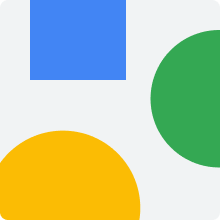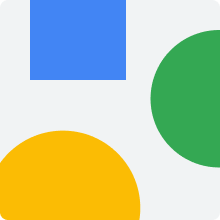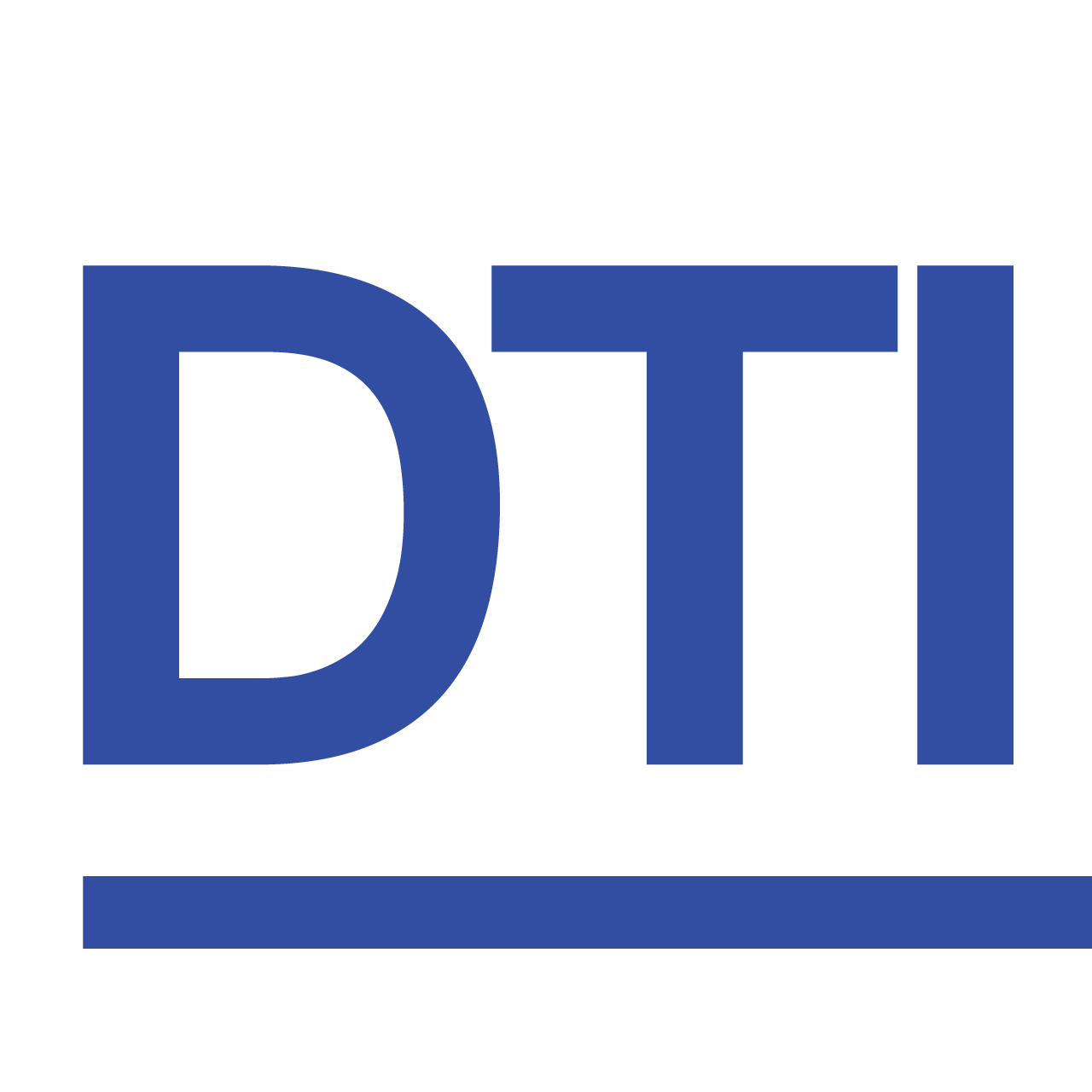Supporting consumer choice
Google’s work on data portability expands choice and supports an ecosystem of growth and innovation.
OVERVIEW
When people can easily switch to a new product or service without the fear of losing access to their data, companies are encouraged to provide the best possible services to win over new users.
Google has been at the forefront of data portability for more than a decade and we continue to prioritize the development of data portability tools that make it easier for users to transfer their data between different services.
RESOURCES
FAQ
Consumers have many choices over where they share their data, and they can and do choose to share the same data with multiple providers. Commoncrawl has an open repository of web crawl data that can be accessed and analyzed by anyone. But, data alone does not build good products or create successful companies.
Today’s open source software and cloud computing tools, unlike the closed, proprietary software of the 1990s, make it easy for new entrants to copy and process data. The cost of storing data today is a fraction of what it once was— $600 can buy storage for all of the world’s music. As a result, startups enjoy lower fixed costs than they would have a decade ago, often lower than the costs of older incumbents. These lowered barriers to entry encourage new players to compete.
We make it possible for users to move their Search history and other content to competing services, so no one feels stuck using ours. We’ve built tools for data portability for many years and recently worked with other leading tech companies to launch the Data Transfer Project, making it even easier for people to transfer data to rival platforms.
Since 2011, Google Takeout allows users to export their data from a host of our services and download them into easily accessible files.
We’ve released millions of lines of code for others to use for free. For example, our open source browser software Chromium is used by competitors like Microsoft. Our open source machine learning platform TensorFlow makes cutting-edge AI capabilities publicly available. We offer free open datasets (images, videos, natural questions) to foster research. We’ve published over 7,000 research papers sharing ideas to advance science. All of this data sharing supports innovation, thereby helping consumers.



